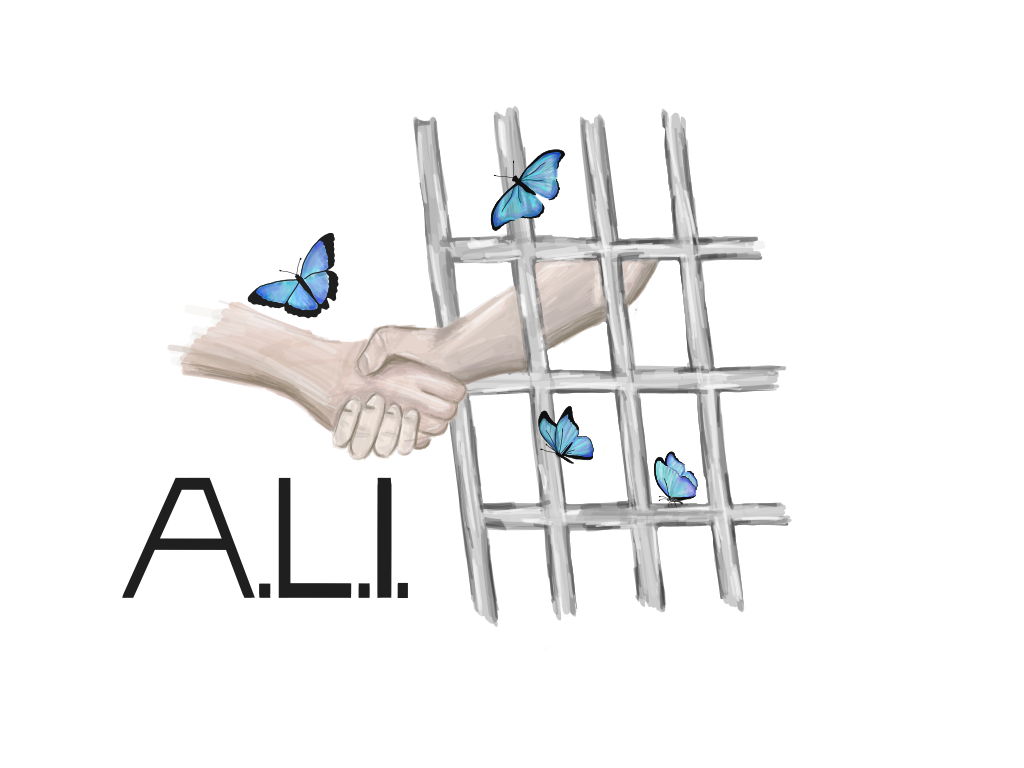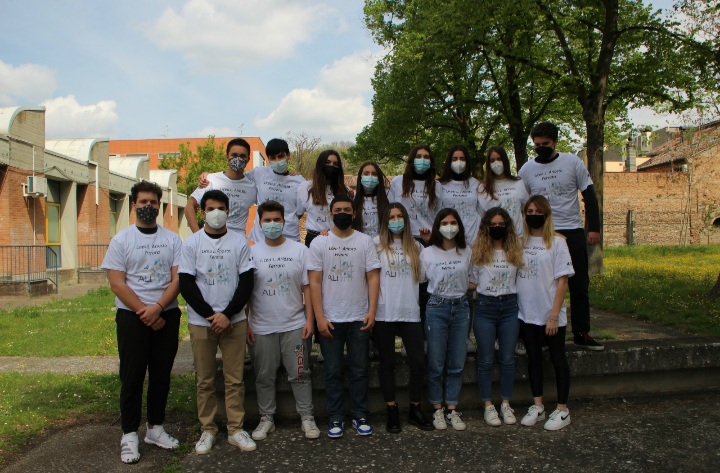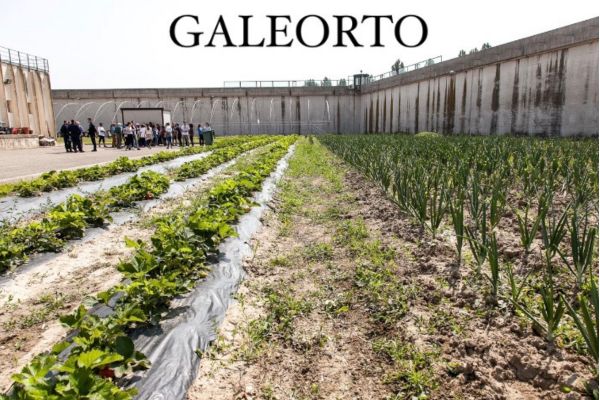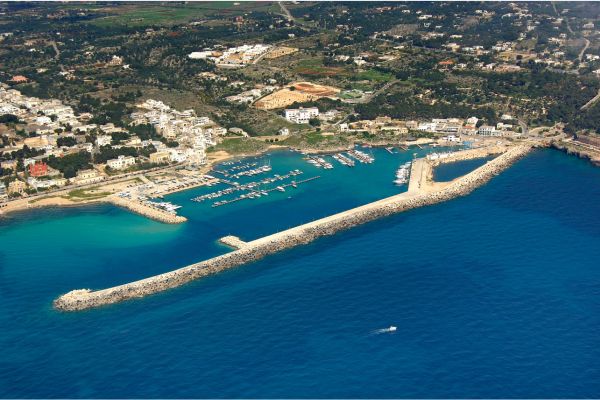Bringing inmates’ voices out: Ferrara students build a bridge between the community and the prison
"They attended rehearsals of Hamlet, reinterpreted by inmates through the lens of the father-son relationship. Then there was a space for questions, and finally we had a snack together in an atmosphere of familiarity. Once outside the prison, the students’ prejudices transformed into the discovery of a place made up of people like us, carrying the weight of their mistakes—mistakes they regret."
 This is how Silvia Romagnoli begins her story. She is the teacher who accompanied students from the “Ludovico Ariosto” High School in Ferrara during their civic monitoring experience as part of the ASOC 2020–2021 program. A journey that not only helped the members of the A.L.I. team develop planning and analytical skills but also helped them understand the importance of walking together toward a common goal.
This is how Silvia Romagnoli begins her story. She is the teacher who accompanied students from the “Ludovico Ariosto” High School in Ferrara during their civic monitoring experience as part of the ASOC 2020–2021 program. A journey that not only helped the members of the A.L.I. team develop planning and analytical skills but also helped them understand the importance of walking together toward a common goal.
To overcome initial difficulties and foster a collaborative environment within the Ariosto Liberi Insieme team, they chose a complex but deeply felt topic. The project focused on the social and professional inclusion of individuals serving sentences at the Ferrara prison. This initiative was funded by the European Social Fund under the 2014–2020 programming cycle of the Emilia-Romagna Region.
 "Carrying it out - explains Professor Romagnoli - was much harder than expected. COVID-19 had physically distanced us from school, and working remotely was not easy. The same goes for prison, which is, by its nature, a closed environment. The greatest challenge," she continues, "was the rigidity of the system: permits, checks, privacy. We quickly realized that we would never be able to concretely support the reintegration of former inmates, but we could try to raise awareness outside the prison about issues like overcrowding and staff shortages."
"Carrying it out - explains Professor Romagnoli - was much harder than expected. COVID-19 had physically distanced us from school, and working remotely was not easy. The same goes for prison, which is, by its nature, a closed environment. The greatest challenge," she continues, "was the rigidity of the system: permits, checks, privacy. We quickly realized that we would never be able to concretely support the reintegration of former inmates, but we could try to raise awareness outside the prison about issues like overcrowding and staff shortages."
The students interviewed all the key players involved in the initiative, who highlighted the educational value of the project. It helped improve inmates’ professional and social skills, promoted psychological well-being, and significantly contributed to reducing recidivism.
 The team chose to focus on the goal of bringing the prison’s voice to the outside world in order to break down stereotypes and prejudices, building a bridge to connect people. To pursue this goal, they collaborated with Astrolabio, the prison’s internal magazine. They also organized a public conference open to the community, inviting experts and institutional representatives, including the then Vice President of the Emilia-Romagna Region.
The team chose to focus on the goal of bringing the prison’s voice to the outside world in order to break down stereotypes and prejudices, building a bridge to connect people. To pursue this goal, they collaborated with Astrolabio, the prison’s internal magazine. They also organized a public conference open to the community, inviting experts and institutional representatives, including the then Vice President of the Emilia-Romagna Region.
Moreover, thanks to the connection between the Ariosto High School and Teatro Nucleo—which has been promoting theater workshops inside the Ferrara prison for over twenty years—the students had the opportunity not only to attend rehearsals of a play performed by inmates but, more importantly, to engage in direct conversation with them.
“The opportunity to visit - recalls Professor Romagnoli - came to life in June 2022, after the school year had ended. The students practically overwhelmed the inmates with countless questions and observations and, most importantly, they expressed their deepest emotions—emotions I had never seen from them in five years of teaching.”
Today, the students of the “A.L.I. Ariosto Liberi Insieme” team approach their university and career choices with a greater sensitivity to the topic of social inclusion. Some have chosen to study International Cooperation, others to work in the nonprofit sector.
“I hope - the teacher concludes - that our civic monitoring journey with ASOC played a role in shaping those choices.”



